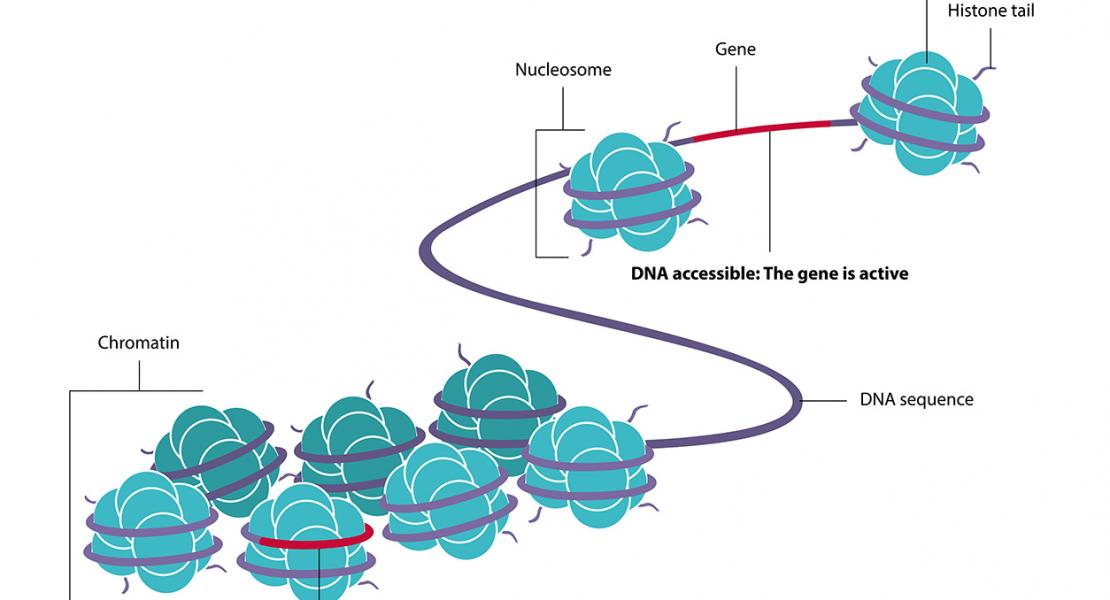LKB1 loss links serine metabolism to DNA methylation and tumorigenesis
Authors
12-14-2016
12:00pm
PST

Abstract
Intermediary metabolism generates substrates for chromatin modification, enabling the potential coupling of metabolic and epigenetic states. Here we identify a network linking metabolic and epigenetic alterations that is central to oncogenic transformation downstream of the liver kinase B1 (LKB1, also known as STK11) tumour suppressor, an integrator of nutrient availability, metabolism and growth. By developing genetically engineered mouse models and primary pancreatic epithelial cells, and employing transcriptional, proteomics, and metabolic analyses, we find that oncogenic cooperation between LKB1 loss and KRAS activation is fuelled by pronounced mTOR-dependent induction of the serine–glycine– one-carbon pathway coupled to S-adenosylmethionine generation. At the same time, DNA methyltransferases are upregulated, leading to elevation in DNA methylation with particular enrichment at retrotransposon elements associated with their transcriptional silencing. Correspondingly, LKB1 deficiency sensitizes cells and tumours to inhibition of serine biosynthesis and DNA methylation. Thus, we define a hypermetabolic state that incites changes in the epigenetic landscape to support tumorigenic growth of LKB1-mutant cells, while resulting in potential therapeutic vulnerabilities.
